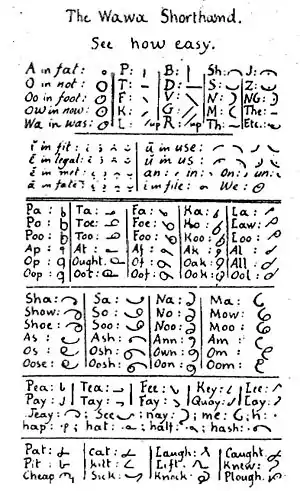Jean-Marie-Raphaël Le Jeune
Jean-Marie-Raphaël Le Jeune (born Jean-Marie, 12 April 1855 – 21 November 1930) was a Canadian Roman Catholic priest, linguist, author, and newspaper publisher.[1]

Born in Pleyber-Christ, France, Le Jeune entered an Oblate seminary in Nancy, France, in 1873 and took his vows on 12 December 1875.[1] He volunteered for missionary service and in 1879 was sent to New Westminster, British Columbia, Canada.[1] Under the supervision of Bishop Paul Durieu, Le Jeune studied Chinook Jargon, a pidgin of Chinookan, Nootkan, French, and English.[1] He moved on to Fraser Canyon, where he learned more native languages, and then to St. Mary's mission in the Lower Fraser Valley.[1]
Over the next years Le Jeune traveled throughout the Kamloops region proselytizing to the native communities.[1] In 1891 he became rector of St. Joseph's Church on the Kamloops Reserve and in 1893 he became the superior of St. Louis's Mission, a post he held until 1929.[1]
By his own account, Le Jeune spoke more than twenty native languages.[1] In 1890 he adapted Duployan shorthand to Chinook Jargon.[1][2] The system was widely adopted among the native community and in 1891 Le Jeune launched a newspaper written in English and Chinook Jargon called the Kamloops Wawa.[1] Le Jeune wrote a number of pamphlets about native languages such as Practical Chinook vocabulary (1886), Prayers in the Okanagan language (1893), Polyglott manual of prayers (1896, contributor), and Chinook rudiments (1924).[1]
Le Jeune died in 1930 at New Westminster and is buried at Mission.[1] Lac Le Jeune, near Logan Lake, bears his name.[3]
External links
References
- Blake, Lynn (2005). "Le Jeune, Jean-Marie-Raphaël". In Cook, Ramsay; Bélanger, Réal (eds.). Dictionary of Canadian Biography. XV (1921–1930) (online ed.). University of Toronto Press. Retrieved 15 September 2012.
- "How the Shorthand was Introduced among the Indians". Retrieved 23 August 2014.
- "Lac Le Jeune". BC Geographical Names. Province of British Columbia. Retrieved 10 October 2012.